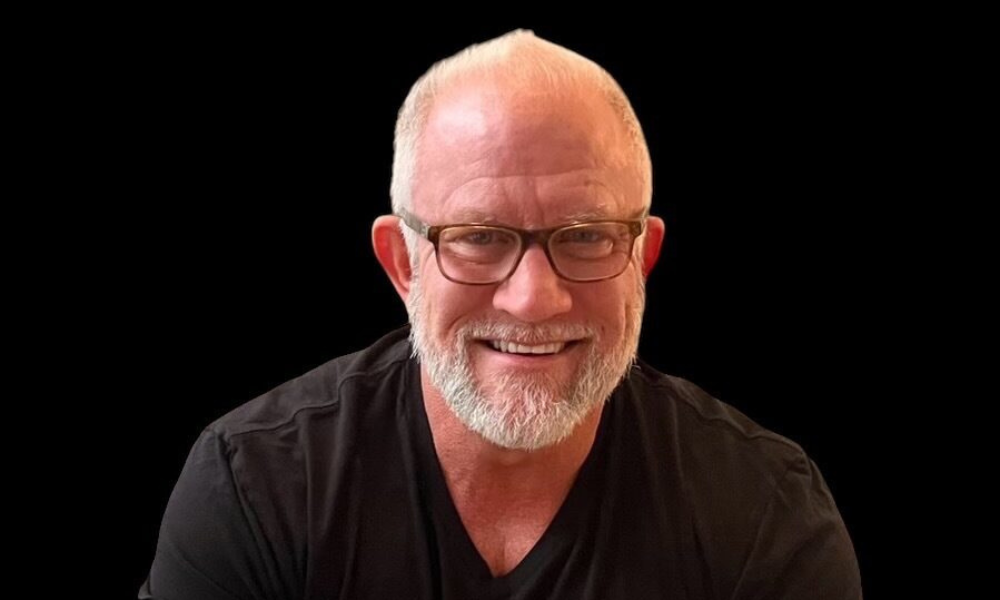Nathan Young, president of North Star Mortgage Network, doesn’t shy away from his opinion on AI

Nathan Young (pictured), president of North Star Mortgage Network Inc., stands firm on the importance of human connection amid technological advancements. Having spent 24 years in the mortgage business, Young has seen a dramatic evolution in the needs and preferences of homebuyers, driven by the relentless pace of technological innovation.
And yet, he remains skeptical about over-reliance on automation, particularly AI, in client interactions.
"Back in the day, we joke about it quite often, but we used to do things with faxes and wallpaper," Young said. The rapid flow of information has transformed how mortgage brokers meet client needs, enabling faster and more streamlined transactions. However, while others embrace full-scale automation, Young holds on to a traditional approach.
“They're trying to get me to respond to all my clients with AI, pretending I don't have time to deal with them. That, to me, is absurd," he asserted. Instead, he values picking up the phone to deliver personal service, a rarity in an industry increasingly reliant on impersonal communication tools.
“When I offer my services via the internet… [clients] are more than welcome to use my cell. It’s 24/7, text communication through multiple messaging services... and I answer them,” Young told MPA. He likens automated systems to the frustration of dealing with phone trees and deferred customer service—a scenario he strives to avoid for his clients.
Despite Young's preference for a more personal touch, he acknowledges the value of tools like Florida's bond program, which helps homebuyers navigate financial hurdles. For many, these programs are not just helpful—they're indispensable.
“People just don’t have the money anymore,” Young explained, describing clients who juggle three jobs to make ends meet. He praises the bond program for offering $10,000 in closing cost assistance without requiring repayment, provided the borrower doesn't refinance or sell early. It’s a practical solution for first-time buyers struggling with affordability in Northeast Florida, where rising property values can often offset the assistance amount within two years.
Young also emphasizes the educational value of pre-approval and tools like mortgage offer double-checkers, especially for first-time buyers who are often overwhelmed by the process.
"They have no earthly idea of what they’re doing," he said. Building trust begins with a warm introduction, followed by a pre-approval process that assesses financial situations and aligns expectations. If buyers don't qualify immediately, Young works to create a roadmap for future success, helping them improve their credit or financial standing.
“I get emails from people, or I get calls from people saying, ‘Oh man, I talked to you two years ago. I did exactly what you told me. I'm ready to do it’,” he shared. For those he can’t immediately assist, Young views the opportunity to guide them toward readiness as a long-term investment in trust and loyalty.
Discussing the Jacksonville real estate market, Young paints a picture of opportunity tempered by challenges. While Florida’s Gulf Stream has shielded the area from extreme weather impacts, making it an attractive destination, Young notes other advantages: low insurance premiums, diverse water access, and a family-friendly environment.
“Ever since we got the Jaguars, there’s been a lot of business coming into Jacksonville," he added, pointing to increased inventory and corporate America releasing properties as key developments.
But even with a promising market, Young sees a changing profile in buyers, influenced by economic shifts. “I’m seeing people that are driving for Uber Eats, doing all these side hustles, or wanting to use Bitcoin,” he explained. These evolving income streams add complexity to the underwriting process, requiring creativity to align unconventional financial situations with mortgage standards.
As Young navigates this evolving market, his resistance to over-automation reflects a broader conversation about the future of customer service in a digitized world. While others tout AI and data-driven strategies as the future, Young counters with a belief in the enduring value of personal connection.
“Customer service, in my opinion, will always be a bit of a human task,” he told MPA.



